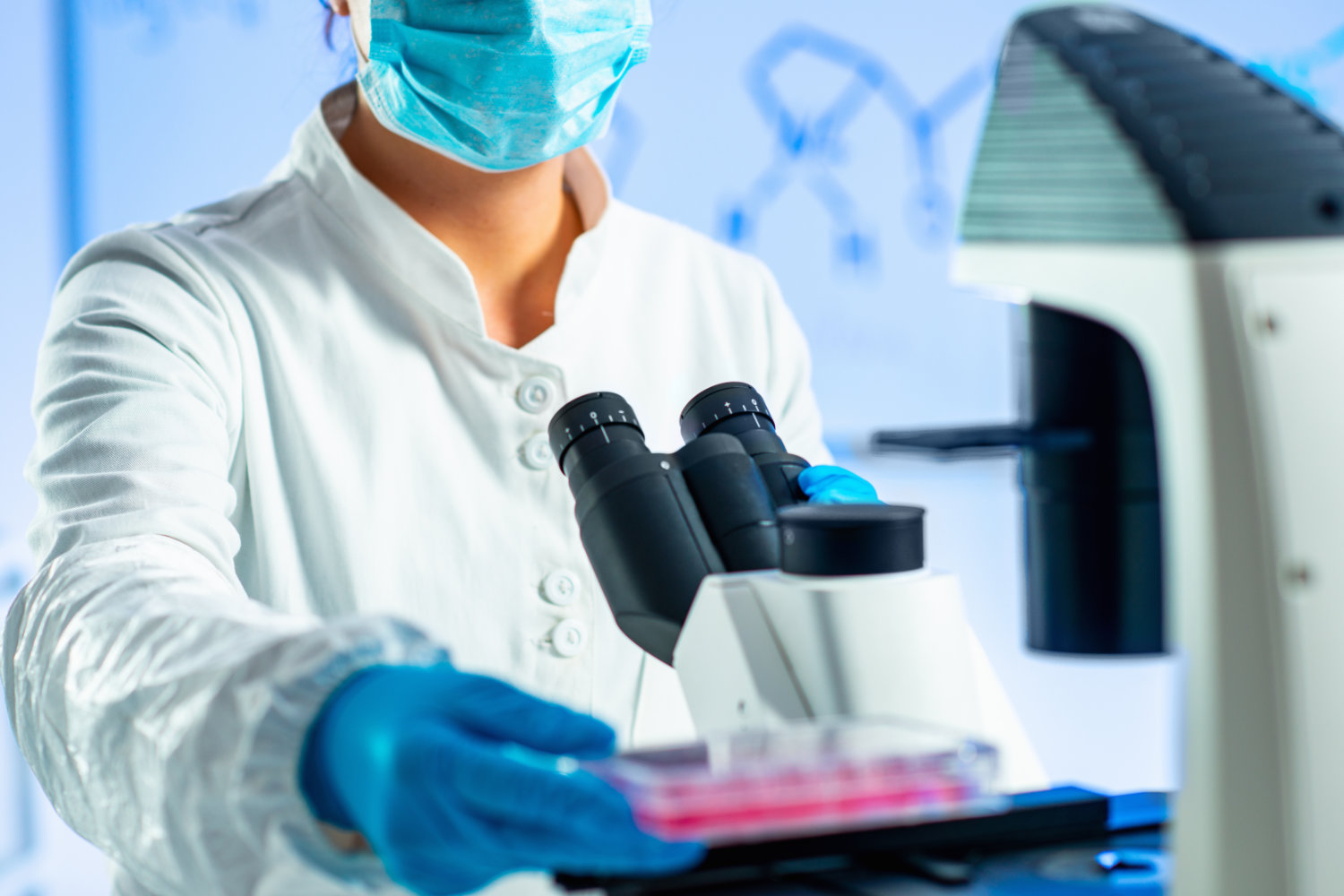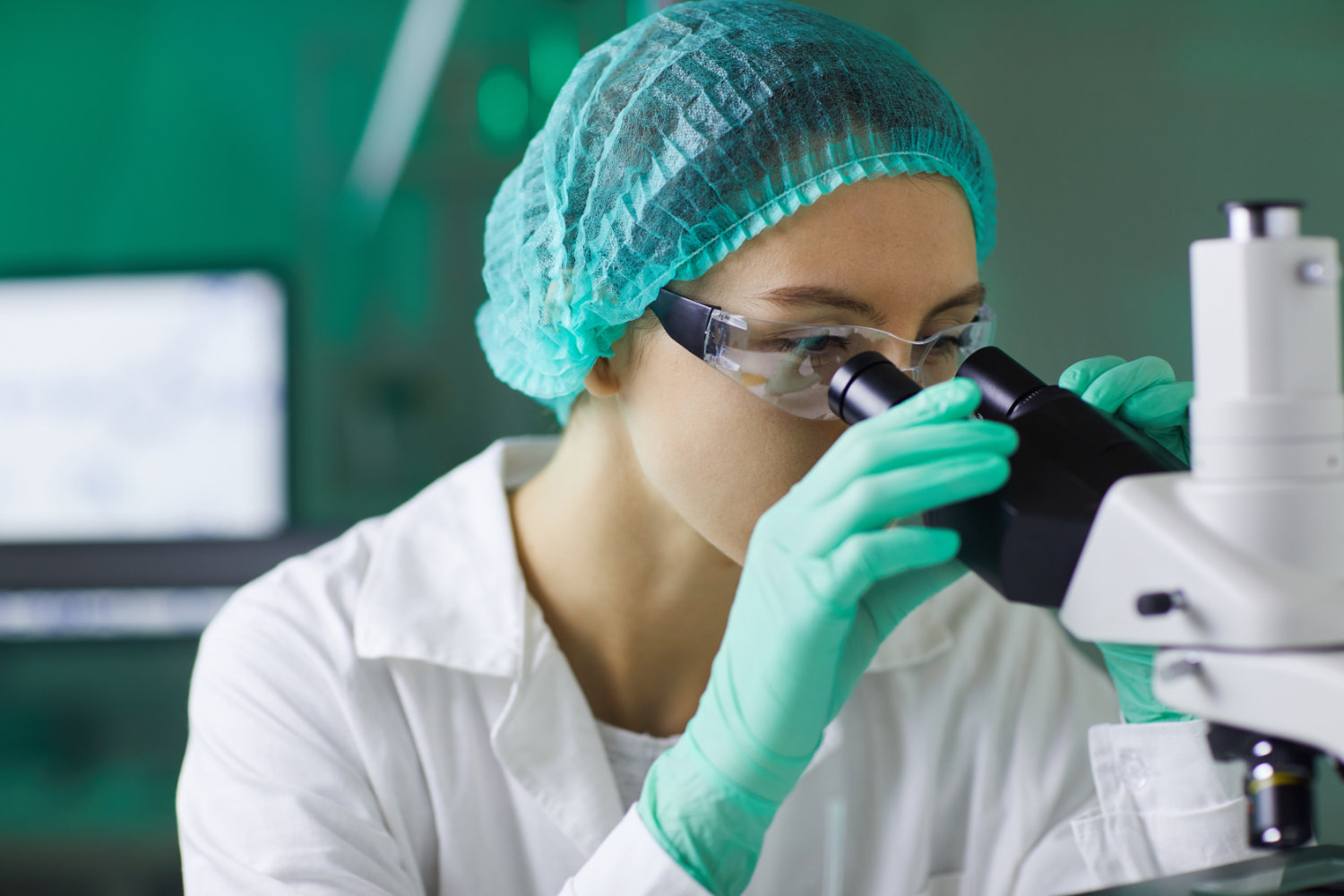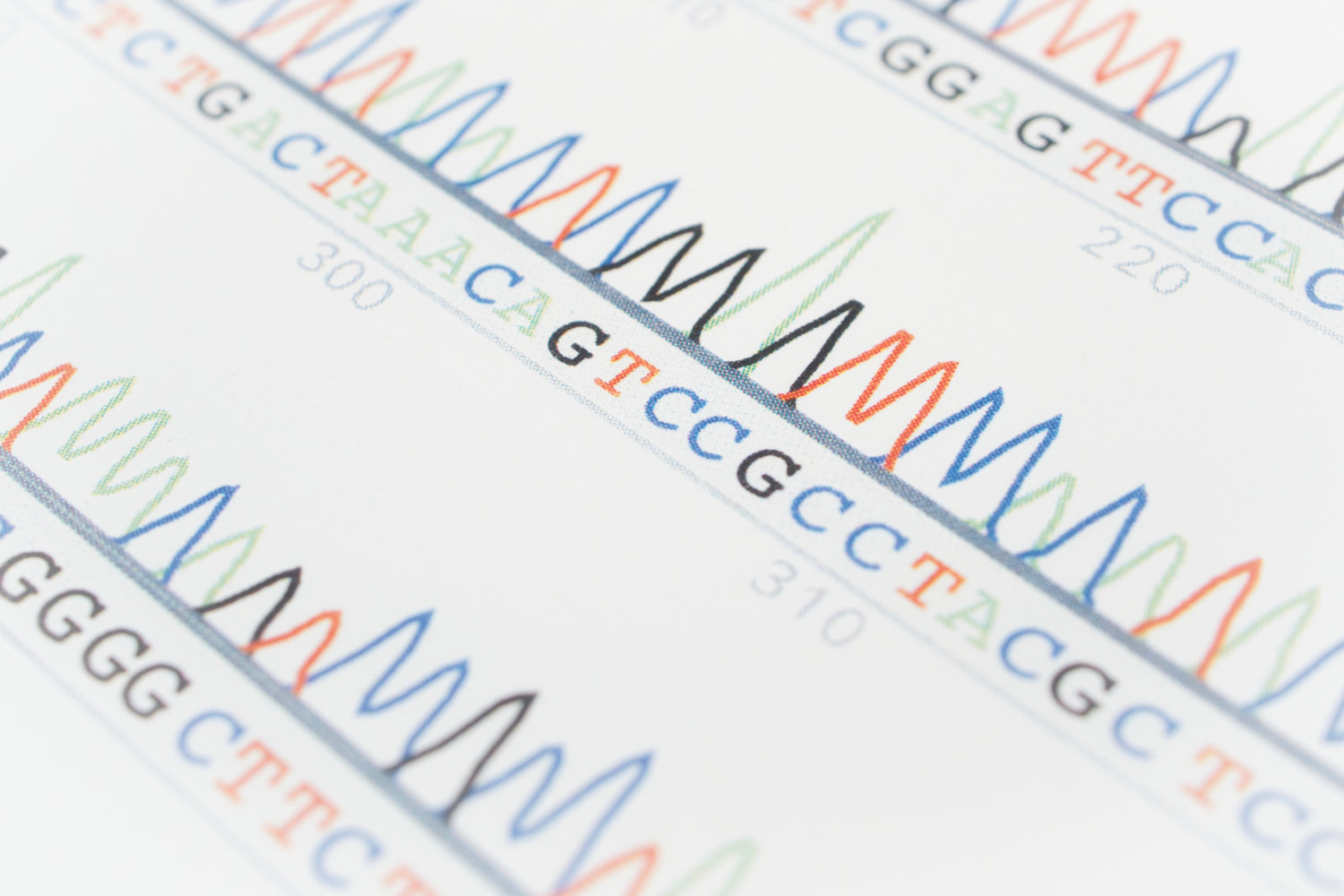Mission
Our goal is to have a transformative impact on the quality of life for individuals and families affected by rare, genetic neurodevelopmental disorders. We aim to achieve this by developing and translating novel therapeutics, with an initial focus on treating STXBP1 and SYNGAP1 related disorders.
“Be a relentless force for good in this community.” – B. Prosser, Director of ENDD
Who We Are
ENDD is a multi-institutional Center of Excellence bridging expertise at the Perelman School of Medicine at the University of Pennsylvania (Penn) and the Children’s Hospital of Philadelphia (CHOP). We are comprised of two equally important branches of research – a translational research group working to develop novel therapeutics, and a clinical research team working to better understand these disorders. We expect the translational and clinical arms of ENDD to converge in novel clinical trials for each disorder.

About These Disorders
STXBP1 and SYNGAP1 disorders are rare genetic disorders that affect how neurons communicate. For more information about the causes of these disorders, their symptoms, and current treatment strategies, please visit the following websites.
STXBP1
STXBP1 Foundation: About STXBP1-related Disorders
CHOP: STXBP1-related Disorders
SYNGAP1
SynGAP Research Fund: What is SYNGAP1
CHOP: SYNGAP1-Related Disorders
An Introduction to ENDD
Mission and Motivation
Translational Research
A primary goal of ENDD is to develop and advance gene-targeted therapies and/or drug repurposing candidates to the clinic for rare neurodevelopmental disorders. We recognize that the patient populations of STXBP1 and SYNGAP1 disorders encompass a wide range of phenotypes and phenotypic severity, and that the effectiveness of any given therapy may be different for a given individual in the patient population. Therefore, we are developing many different types of therapies, which include ASO, Gene replacement, CRISPR-mediated therapies, and drug repurposing, among others. Development of multiple modalities will increase the likelihood that we will succeed in finding one or more safe and effective therapies for each indication. To accomplish these goals ENDD is developing cellular and preclinical mouse models of STXBP1 and SYNGAP disorders, which will also be important resources for the research community and will readily be shared with interested parties.
Clinical Research
An important goal of ENDD is to better understand the clinical and longitudinal heterogeneity of patient populations through natural history studies for each disorder. Furthermore, we have established collaborations with experts in quantitative EEG (qEEG) measurements and proteomic profile from blood and cerebrospinal fluid to identify functional and molecular biomarkers, respectively, for each disorder that can be used in future clinical trials.
Contact Us
If you would like to enroll in either of our natural history studies or would like more information, please contact us at endd@chop.edu
For administrative enquiries, please contact
Renee.Allen@Pennmedicine.upenn.edu
779 Clinical Research Building
415 Curie Boulevard
Philadelphia, PA 19104









